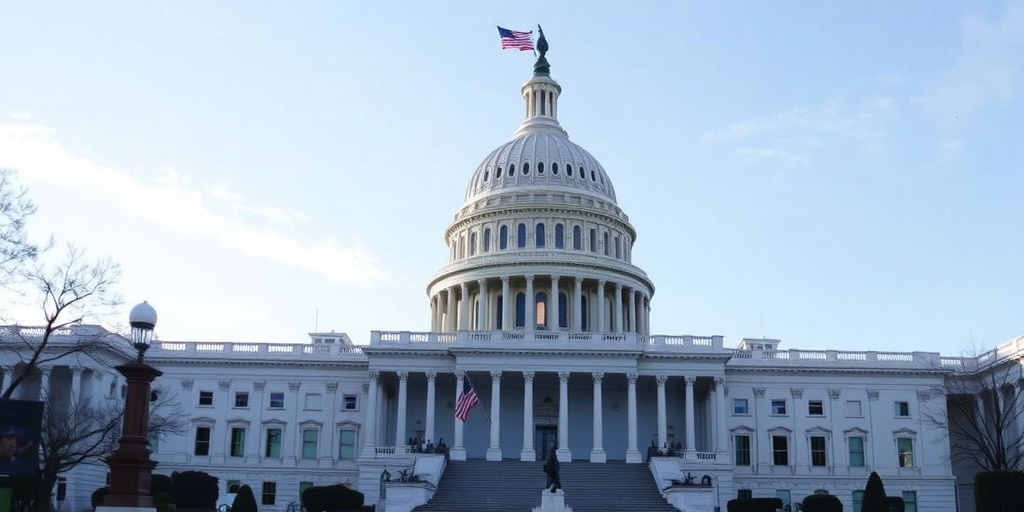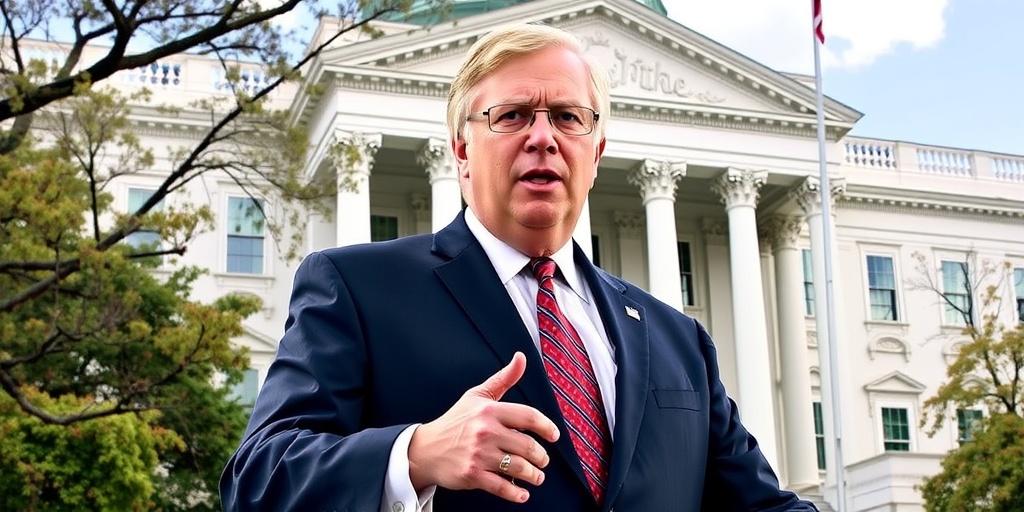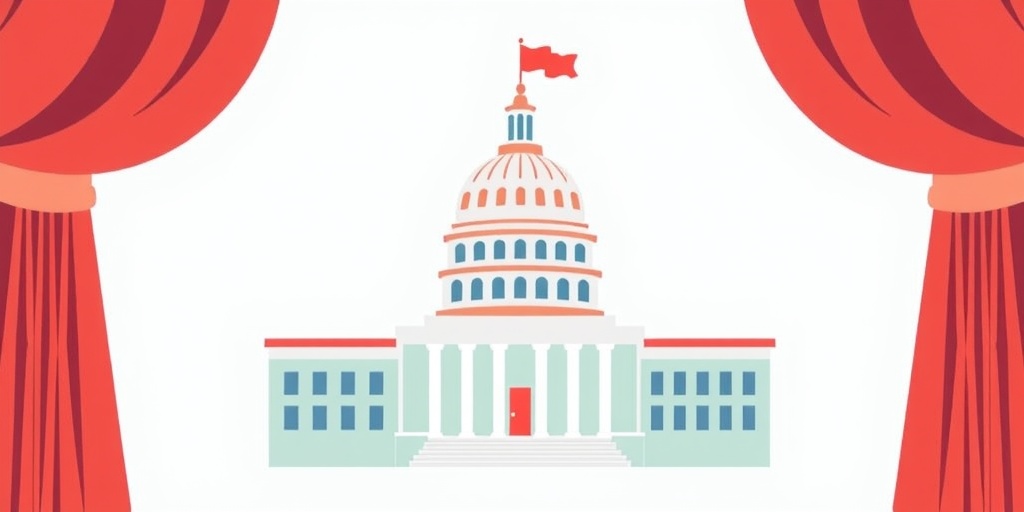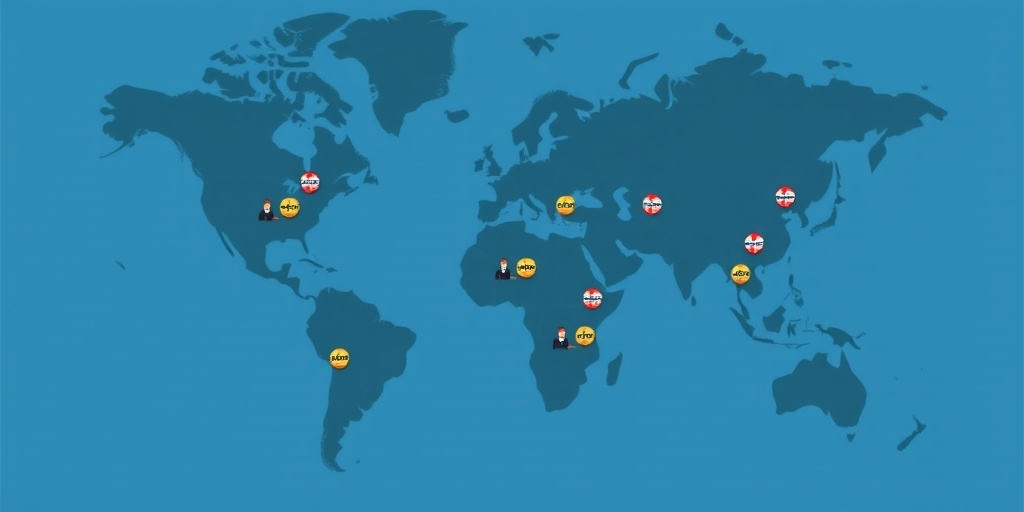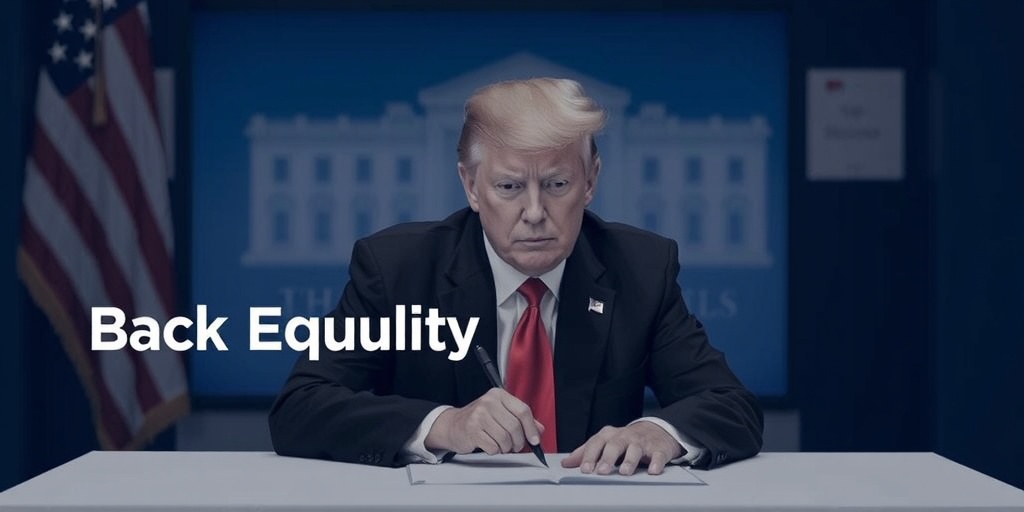Now Reading: Trump’s Clemency for Jan. 6 Rioters: Key Takeaways
-
01
Trump’s Clemency for Jan. 6 Rioters: Key Takeaways
Trump’s Clemency for Jan. 6 Rioters: Key Takeaways

Trump Grants Clemency to Nearly 1,600 Capitol Rioters on January 6 Anniversary
In a significant and controversial move, President Donald Trump granted clemency on January 20, 2025, to nearly 1,600 individuals linked to the January 6, 2021, Capitol riot. This clemency action was characterized by two main types of reprieves: formal pardons and sentence commutations.
Trump’s decision included formal pardons for over 1,550 individuals who had been charged with various crimes connected to the Capitol insurrection. The offenses varied widely, starting from lesser charges such as trespassing and disorderly conduct to serious accusations like assaulting police officers and engaging in seditious conspiracy. This mass pardon addressed a significant portion of the individuals who faced prosecution for their participation in the riot, highlighting the political implications of his actions as he sought to galvanize his base.
Additionally, the President commuted the sentences of 14 members from two notorious far-right groups: the Proud Boys and the Oath Keepers. The latter group was involved in organizing efforts related to the Capitol attack, with many of its members facing substantial prison sentences—up to 18 years for seditious conspiracy. With the commutations, these sentences were reduced to time served, a move that would likely lead to their immediate release from prison.
In a directive aimed at clearing the judicial slate for the remaining defendants, Trump instructed the Justice Department to dismiss any outstanding criminal indictments against individuals associated with the January 6 events. Furthermore, he mandated that the Bureau of Prisons implement his clemency grants without delay, potentially enabling the immediate release of around 240 individuals who were still incarcerated.
One focal point of the pardons included a significant number of misdemeanor defendants—approximately 1,000 individuals who were convicted for nonviolent offenses. They had breached restricted areas of the Capitol or unlawfully entered the building, yet they were not accused of inflicting damage or causing physical harm to anyone during the events. Despite their nonviolent behavior, a federal appeals court previously ruled that all who participated in the January 6 riot contributed to the overwhelming chaos that ensued that day.
Notable among those pardoned was Couy Griffin, a former local official from Otero County, New Mexico. Griffin, who founded a group called Cowboys for Trump, faced charges for illegally climbing the walls of Capitol grounds and ultimately served a shortened prison sentence of 14 days. His case epitomized the complex legal consequences faced by those involved in the insurrection.
Alongside the pardons for individuals charged with minor misdemeanors, more than 600 participants were charged with assaults and threatening law enforcement during the riot. Nearly 175 of those individuals wielded dangerous weapons, such as baseball bats, crutches, and broken furniture, in their confrontations with law enforcement. These assault defendants received some of the harshest penalties imposed on any participants in the January 6 events, with one prominent example being David Dempsey from California, who was sentenced to 20 years in prison for his violent acts against officers at the Capitol.
Among the more serious cases that received clemency were those who had been convicted of conspiracy charges. Enrique Tarrio, the former leader of the Proud Boys, emerged as one of the notable figures pardoned. Despite not being physically present in Washington on the day of the insurrection, Tarrio was found guilty of seditious conspiracy and had engaged with other members, primarily using communication tools to coordinate actions during the unrest.
Trump’s clemency measures also extended to co-defendants of Tarrio in their sedition trial. Their sentences, which originally could have reached 18 years, were dramatically commuted to mere time served. This group included Joseph Biggs, Ethan Nordean, Zach Rehl, and Dominic Pezzola, the latter gaining infamy for breaking one of the initial windows at the Capitol with a police riot shield. Alongside them, Stewart Rhodes, the leader of the Oath Keepers, saw his 18-year sentence for seditious conspiracy commuted as well.
This sweeping act of clemency by President Trump has sparked vigorous debates throughout the political landscape. Proponents argue it represents a commitment to justice for individuals caught up in the chaos of January 6, while critics view it as an affront to the rule of law and a further polarization of American political discourse. The implications of these decisions will likely resonate far beyond the immediate effects felt by the defendants, continuing to shape the national conversation around accountability and justice in the wake of the Capitol attack.
Stay Informed With the Latest & Most Important News
Previous Post
Next Post
-
 01New technology breakthrough has everyone talking right now
01New technology breakthrough has everyone talking right now -
 02Unbelievable life hack everyone needs to try today
02Unbelievable life hack everyone needs to try today -
 03Fascinating discovery found buried deep beneath the ocean
03Fascinating discovery found buried deep beneath the ocean -
 04Man invents genius device that solves everyday problems
04Man invents genius device that solves everyday problems -
 05Shocking discovery that changes what we know forever
05Shocking discovery that changes what we know forever -
 06Internet goes wild over celebrity’s unexpected fashion choice
06Internet goes wild over celebrity’s unexpected fashion choice -
 07Rare animal sighting stuns scientists and wildlife lovers
07Rare animal sighting stuns scientists and wildlife lovers













